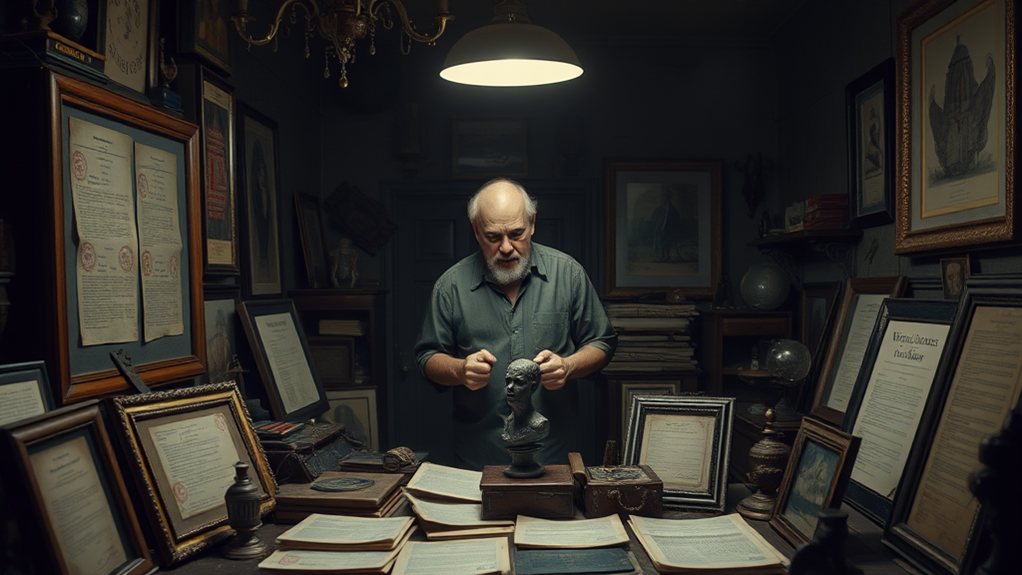
In a surprising turn of events, 24-year-old Emmanuel Lidden from Australia found himself in serious legal trouble while trying to collect all the elements of the periodic table. Lidden’s quest took a dangerous turn when he attempted to import radioactive plutonium. During a police raid, authorities caught him, leading to his arrest. While Lidden’s intentions may have seemed innocent, his actions raised serious safety concerns.
24-year-old Emmanuel Lidden’s quest to collect all elements of the periodic table led to his arrest for attempting to import radioactive plutonium.
Lidden’s collection efforts included hazardous materials. His fascination with science led him to pursue elements that many would consider dangerous. Plutonium is known for its radioactive properties and poses risks to public safety. Lidden’s defense lawyer, John Sutton, argues that his client didn’t mean any harm. Sutton emphasizes that Lidden is simply a science enthusiast. He believes the response from authorities was excessive and suggests that Lidden’s actions were more about escapism than recklessness.
The legal proceedings against Lidden have drawn significant media attention. People are divided in their opinions. Some express pity for Lidden and advocate for leniency, while others criticize the idea of collecting hazardous materials. Many question whether his intentions were innocent or reckless. Concerns about public safety loom large in these discussions.
Collecting elements from the periodic table isn’t a common hobby. Most collectors focus on safer items, like stamps or coins. Lidden’s case reflects the challenges faced by those who choose unconventional collecting pursuits. It’s a reminder of the fine line between personal interest and legal boundaries.
As Lidden faces potential sentencing of up to 10 years in prison, the case opens a broader debate. It raises questions about safety, individual freedoms, and the nature of collecting. While some may see Lidden as a misguided enthusiast, others warn of the risks involved in such unusual hobbies. The outcome of this case could influence how society views collectors in the future.







